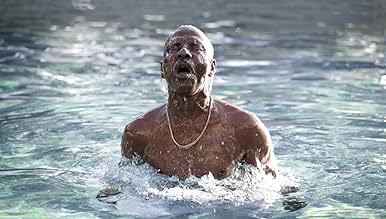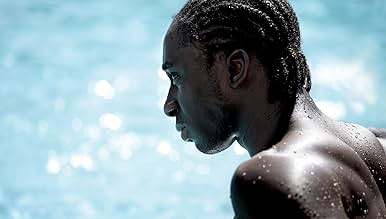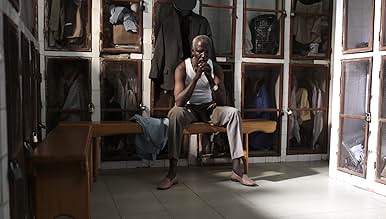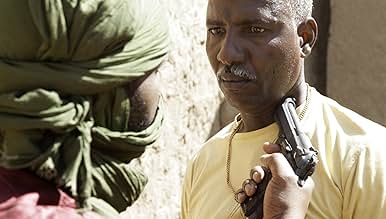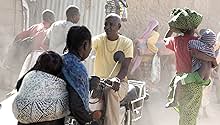Present-day Chad. Adam, fifty-five, a former swimming champion, is pool attendant at a smart N'Djamena hotel. When the hotel gets taken over by new Chinese owners, he is forced to give up hi... Read allPresent-day Chad. Adam, fifty-five, a former swimming champion, is pool attendant at a smart N'Djamena hotel. When the hotel gets taken over by new Chinese owners, he is forced to give up his job to his son Abdel. Terribly resentful, he feels socially humiliated. The country is i... Read allPresent-day Chad. Adam, fifty-five, a former swimming champion, is pool attendant at a smart N'Djamena hotel. When the hotel gets taken over by new Chinese owners, he is forced to give up his job to his son Abdel. Terribly resentful, he feels socially humiliated. The country is in the throes of a civil war. Rebel forces are attacking the government. The authorities de... Read all

